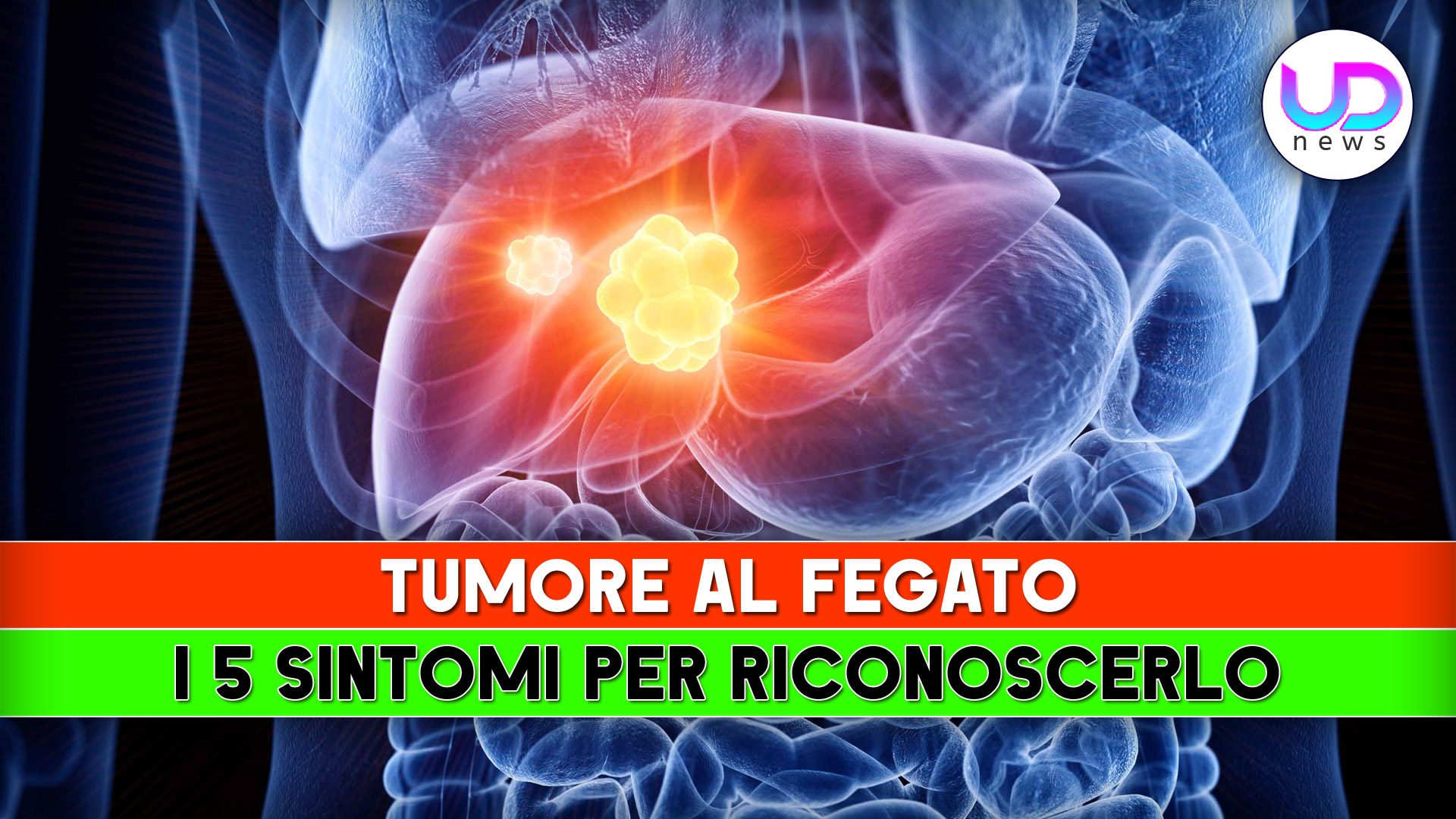Explores the causes and risk factors of liver cancer, highlighting the importance of early diagnosis for effective treatment. Here are the 5 symptoms to recognize it!
Liver cancer represents one of the most significant challenges in the field of oncology, given its complexity and potential impact on global health. This article aims to provide a comprehensive overview of the disease, highlighting the five main symptoms, causes and associated risk factors.
Liver Cancer: Symptoms
Early diagnosis of liver cancer is complex as symptoms may remain latent or be nonspecific in the early stages. However, there are some key signs and symptoms to monitor:
Jaundice: A yellowish discoloration of the skin and eyes, caused by the accumulation of bilirubin, a waste product of the blood.
Abdominal pain: Particularly in the upper right part of the abdomen or near the right shoulder, due to the expansion of the liver putting pressure on surrounding organs or the capsule that lines it.
Abdominal swelling: Accumulation of fluid in the abdomen (ascites) which can lead to swelling and distention.
Unexplained weight loss: Significant weight loss for no apparent reason can be a sign of several types of cancer, including those that affect the liver.
Fatigue: Persistent tiredness that does not improve with rest may indicate the presence of liver cancer.
Liver Cancer: Causes and Risk Factors
Liver cancer can arise directly from the liver (hepatocellular carcinoma) or spread to it from other parts of the body (metastasis). Several conditions and factors can increase the risk of developing liver cancer:
Epatite B e C: Chronic hepatitis B and C virus infections are among the main risk factors for hepatocellular carcinoma, as they can lead to cirrhosis and cellular changes.
Cirrhosis: Any condition that leads to liver scarring and dysfunction can increase the risk of liver cancer.
Aflatosine: Exposure to these toxins, produced by fungi that contaminate grains, nuts and seeds stored in humid conditions, has been linked to an increased risk of hepatocellular carcinoma.
Excessive alcohol consumption: Chronic alcohol abuse can lead to cirrhosis and increase the risk of liver cancer.
Obesity and diabetes: Obesity and type 2 diabetes are associated with a higher risk of developing liver cancer, probably due to the chronic inflammatory state and liver damage they can cause.
Liver Tumor: Conclusion
Understanding the symptoms and risk factors associated with liver cancer is essential for prevention and early diagnosis. Research and development of new diagnostic and therapeutic strategies continue to be a priority to improve the prospects of patients affected by this disease. Timely medical advice when faced with the above-mentioned symptoms can significantly increase the chances of early diagnosis and successful treatment.
